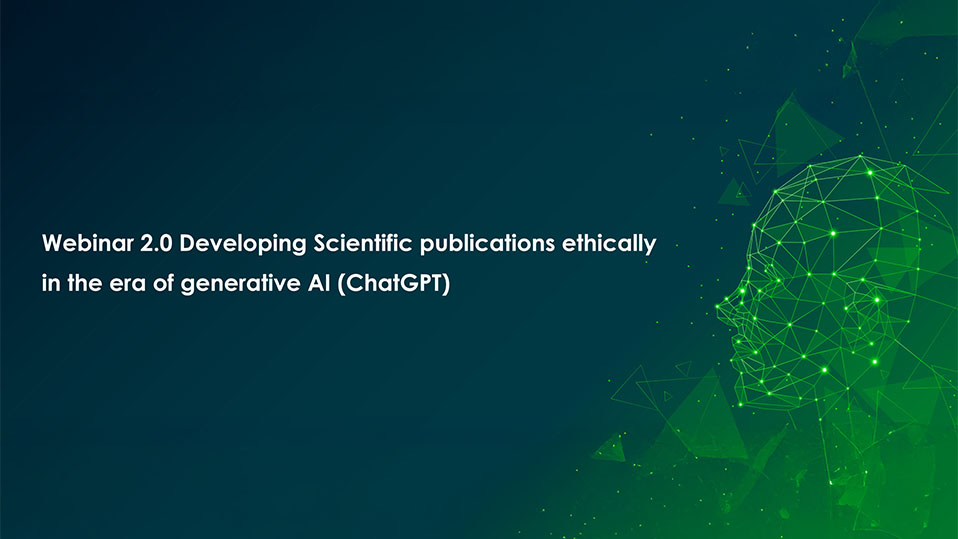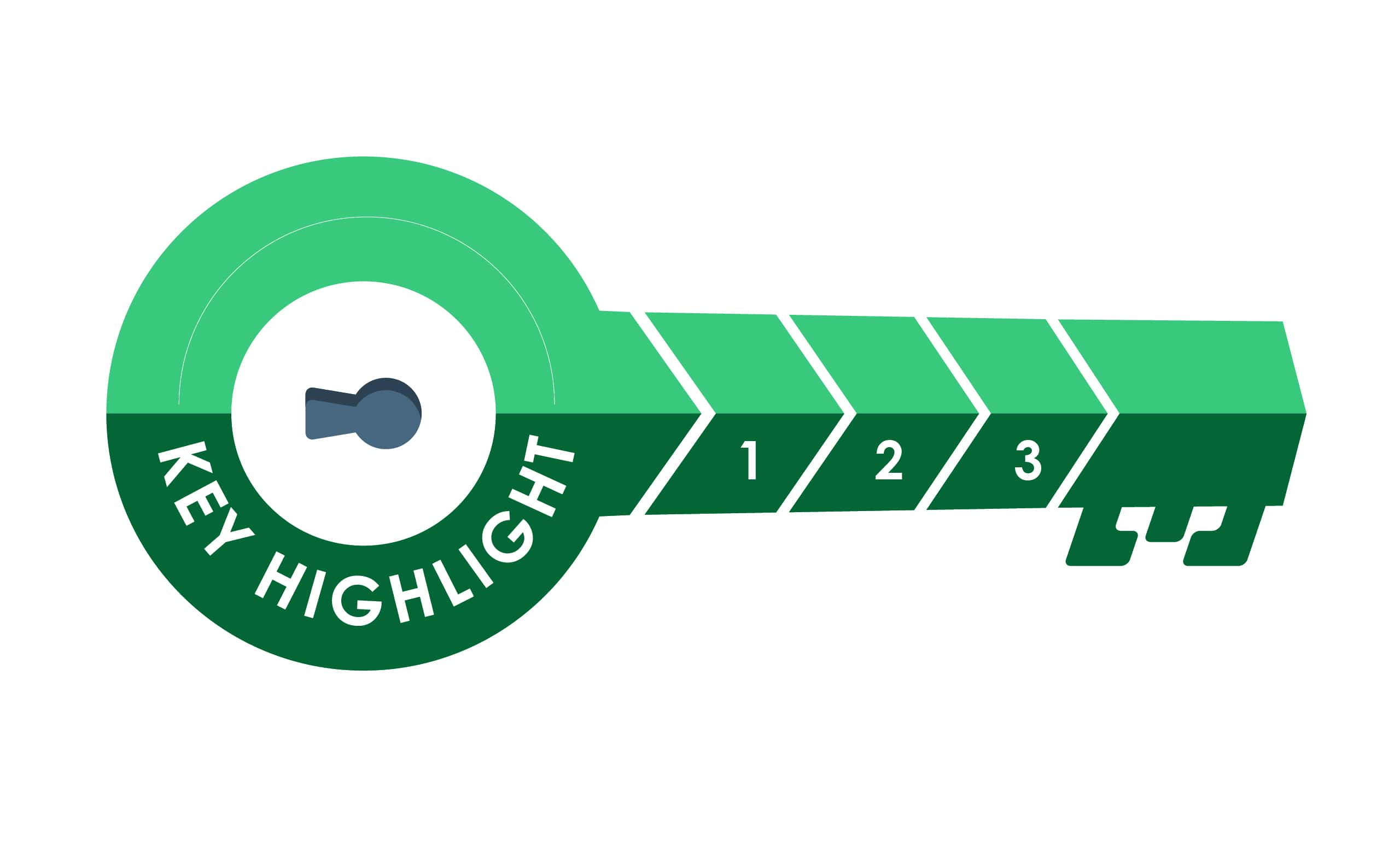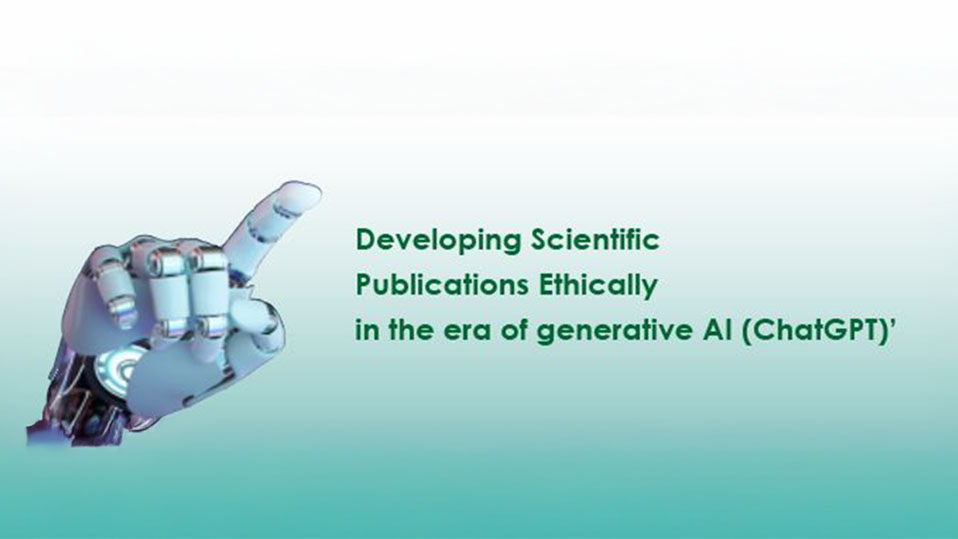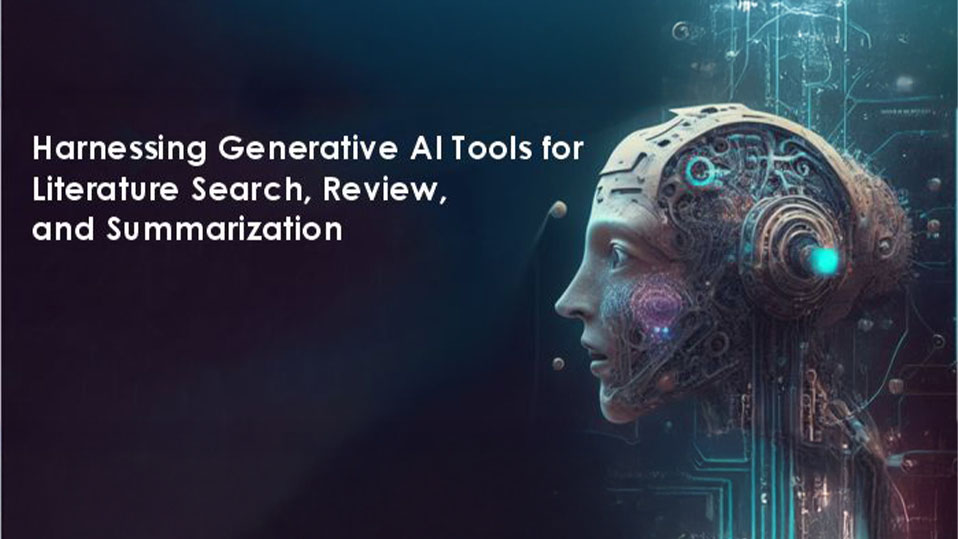
Generative AI is a game-changer for scientific research, enabling researchers to explore new questions, test hypotheses, and discover patterns. This session provided an in-depth look at using generative AI tools in scientific publications, including automated abstract writing and data visualization. We discussed both the benefits and limitations, emphasizing ethical concerns, algorithmic bias, and the potential decrease in quality when relying solely on AI for research. Despite these challenges, AI tools have the potential to reshape how scientific research is communicated.

Generative AI tools have been gaining a lot of attention lately for their potential to revolutionize the way we approach scientific research and publication. These tools, which use machine learning algorithms to create new content based on existing data, are capable of producing everything from scientific articles to designing, and even helping in video developments. The potential of generative AI tools in scientific publications is vast. With the ability to generate new and innovative content, these tools can help scientists to explore new research questions, test hypotheses, and even discover new patterns in data. This webinar would focus on some useful tools for scientific/publication writers and highlight our feedback on each one of these. We will also give answers to some popular questions around the uses of these generative AI tools in scientific publications.
One example of the convergence of generative AI tools and scientific publications is the development of automated abstract writing. Researchers can use generative AI tools to create summaries of their research findings that are more accessible and understandable to a wider audience. These abstracts can also be optimized for search engines, making it easier for interested parties to find and access relevant research.
Another example is the use of generative AI tools in data visualization. These tools can generate visually compelling representations of complex data sets, making it easier for scientists to identify patterns and trends that may have been difficult to spot using traditional visualization methods. These visualizations can also help to make scientific findings more accessible and engaging to non-expert audiences.
However, as with any new technology, there are also potential drawbacks and limitations to the use of generative AI tools in scientific publications. One concern is the potential for bias in the algorithms used by these tools. If the training data used to develop these algorithms is not diverse enough, the resulting content may be biased towards certain perspectives or viewpoints.
Furthermore, there is a risk that the use of generative AI tools may lead to a decrease in the quality of scientific publications. While these tools can be very useful for generating preliminary findings or exploratory research questions, they may not be able to replace the depth and rigor of traditional scientific research methods.
Overall, the convergence of generative AI tools and scientific publications is an exciting development in the world of research and publishing. While there are certainly potential risks and limitations to the use of these tools, their ability to generate innovative and engaging content has the potential to revolutionize the way we approach scientific research and communication.


After successfully completing the webinar, you will have access to the following:

Whether you are a fresher or an experienced medical writer, you are sure to take home some key messages from this webinar!
Come join us in this exciting journey of learning something new, and expand our knowledge to achieve more.
Take the next step in advancing your healthcare communications career by joining our upcoming webinars. These sessions offer a valuable opportunity to expand your knowledge, sharpen your skills, and connect with industry professionals. Don’t miss out on this chance to grow and learn from the experts.
Our past webinars have covered a diverse range of topics, from industry trends to best practices and case studies. Explore these sessions to discover our expertise and stay tuned for more exciting sessions ahead.

With the rise of AI tools like ChatGPT and DALL-E 2, researchers are using these innovations to write articles, conduct

We’ve all received invitations to publish in journals or attend conferences, but many of these may be predatory in nature.

The advent of generative AI tools has transformed how we approach literature searches, reviews, and summarizations in scientific writing. These

This high-impact 30-minute session, led by Dr. Dipanwita Mukherjee, will help you align your budget with project goals, avoid common

Partner with Turacoz to bring science to life through strategic and evidence-based communication.